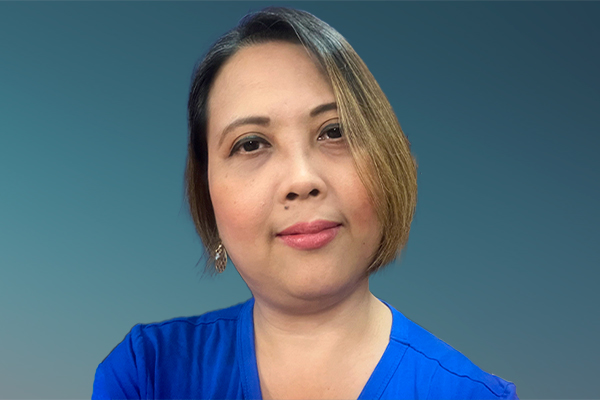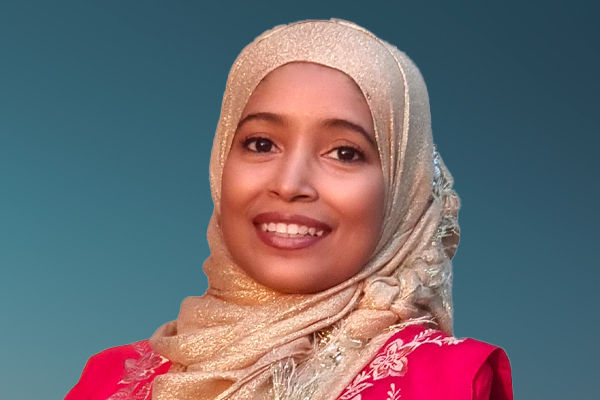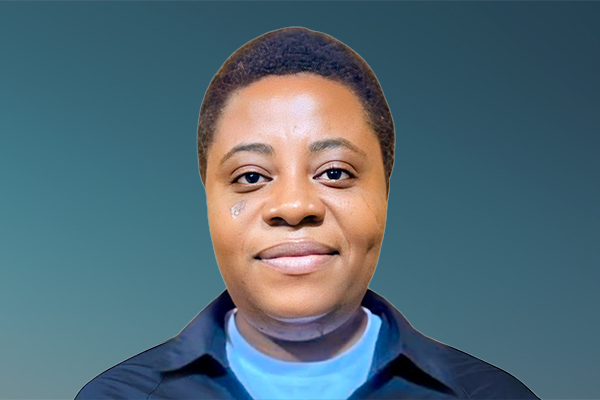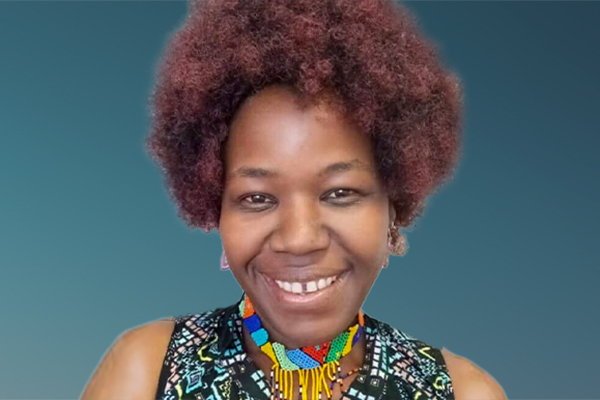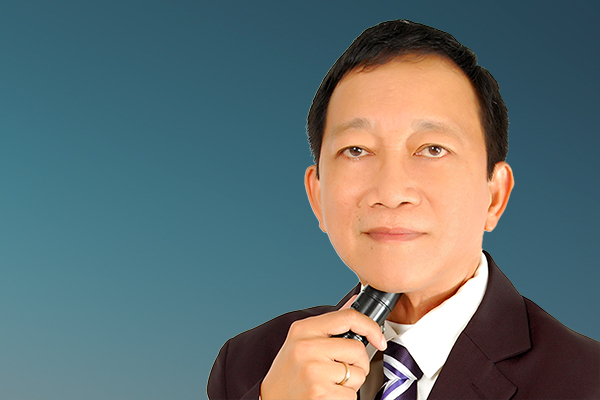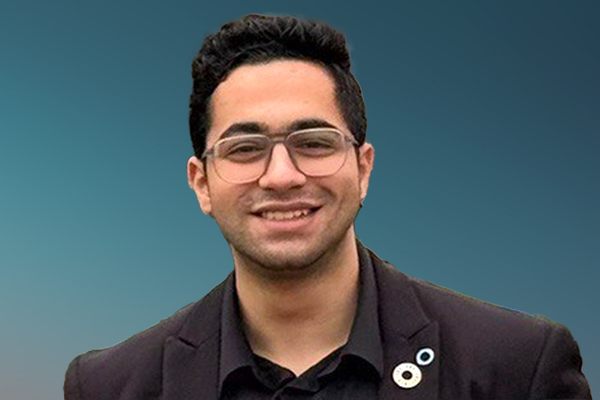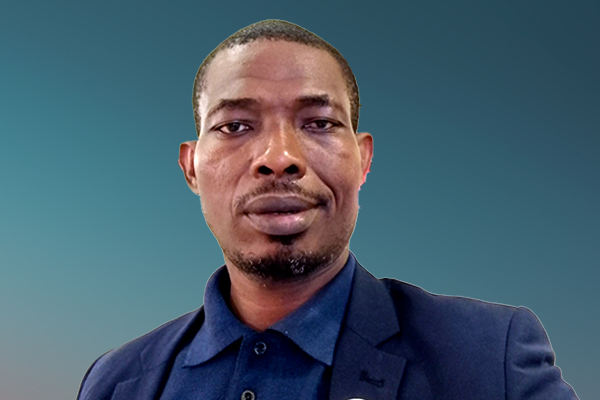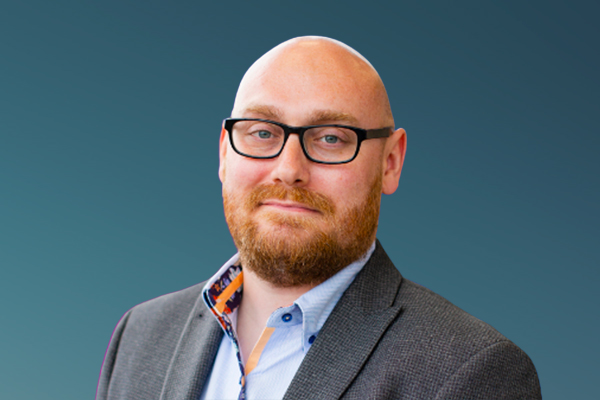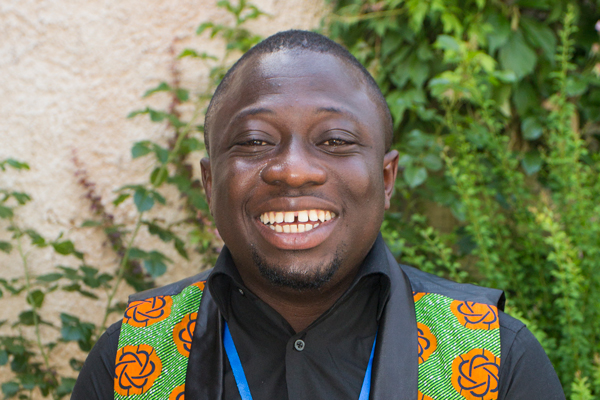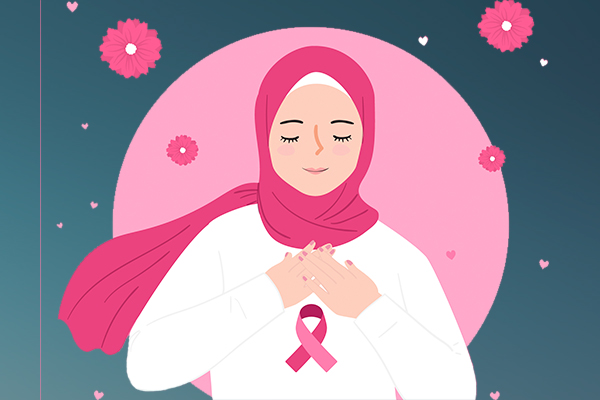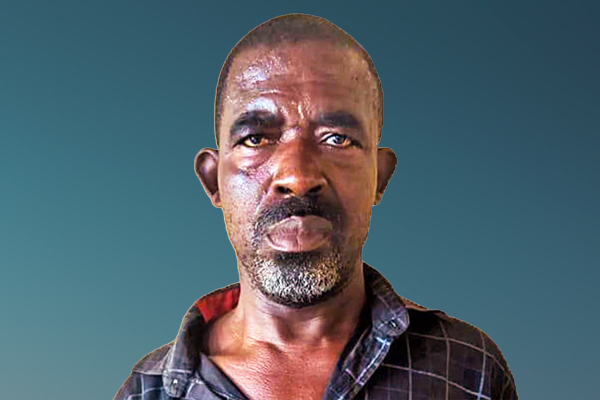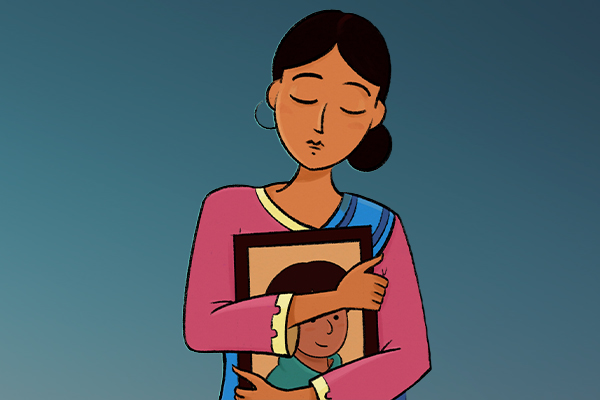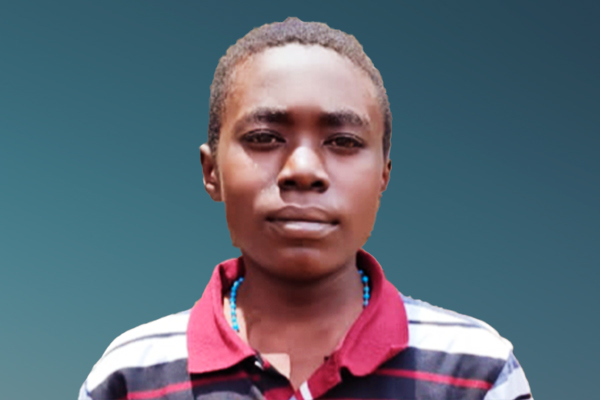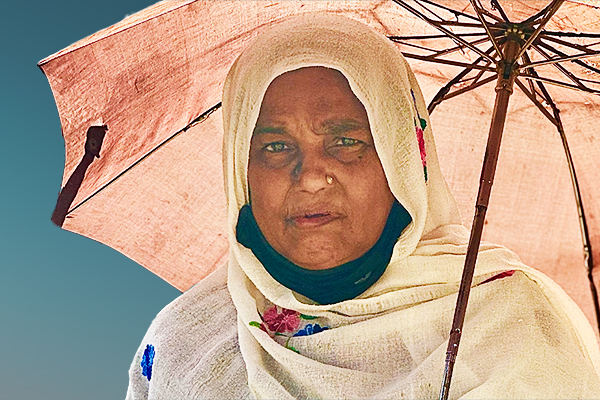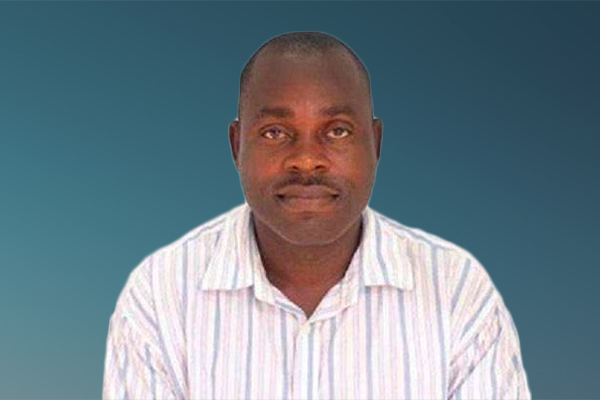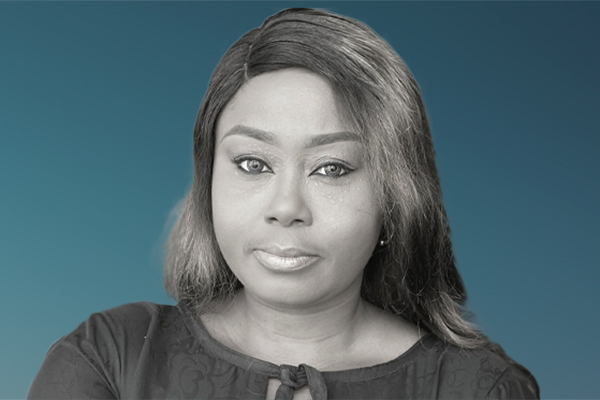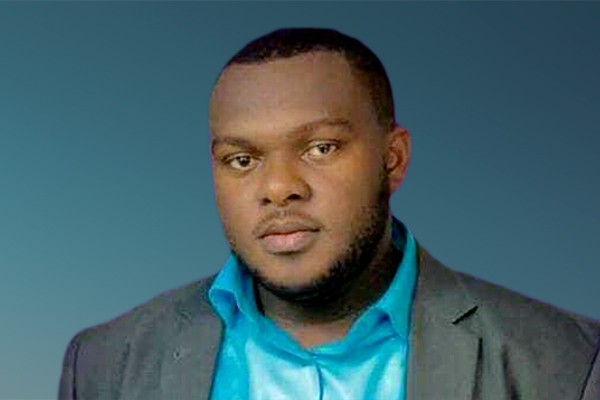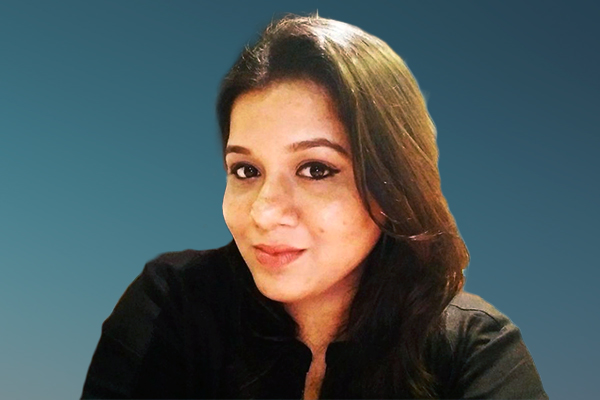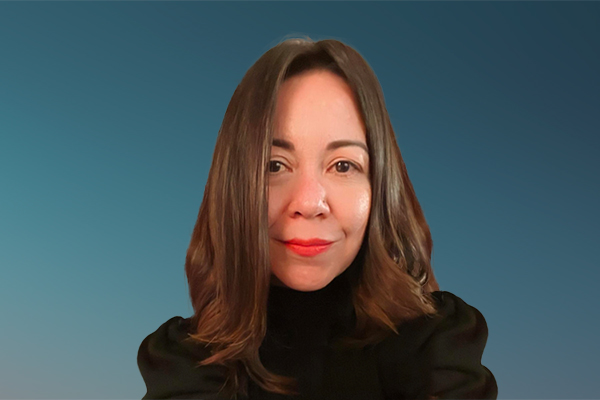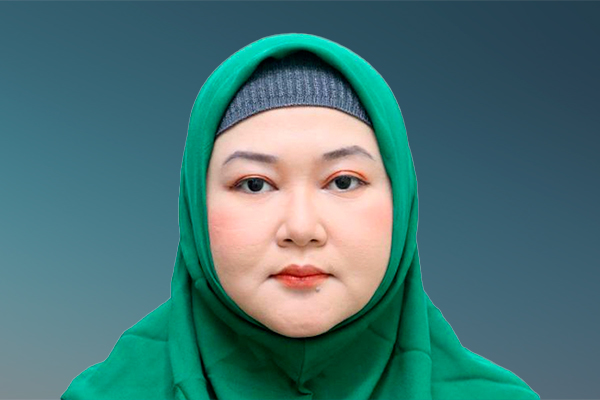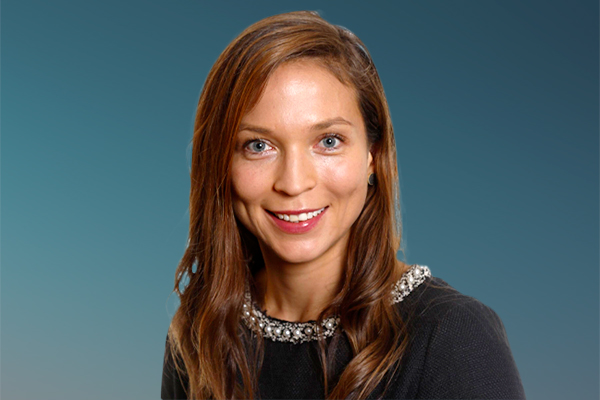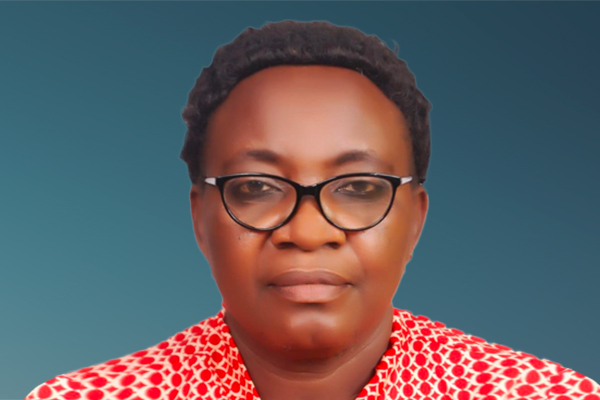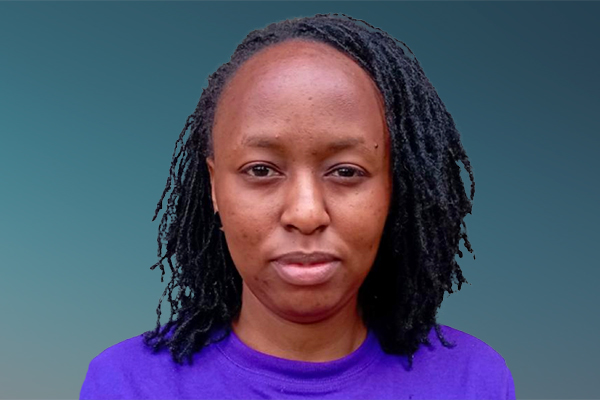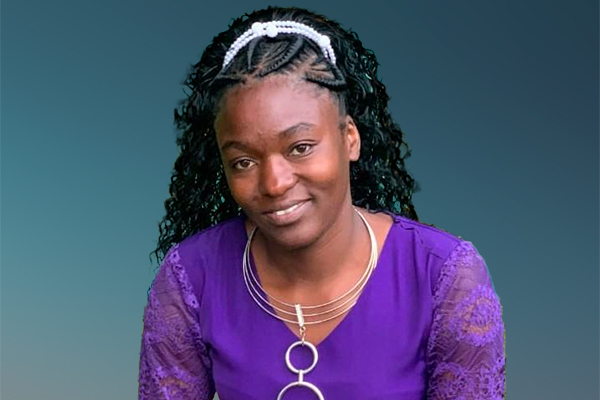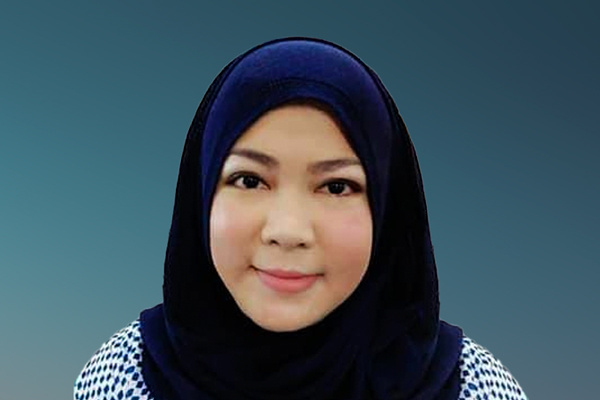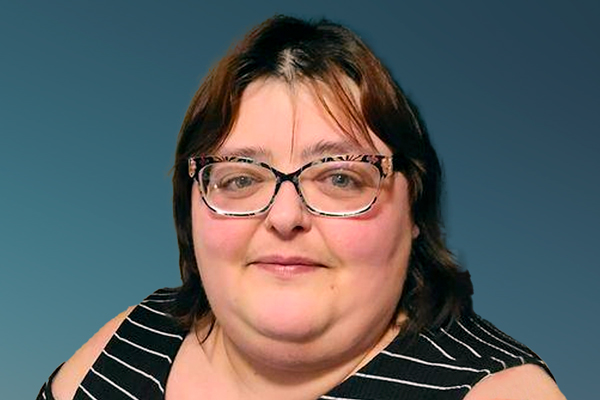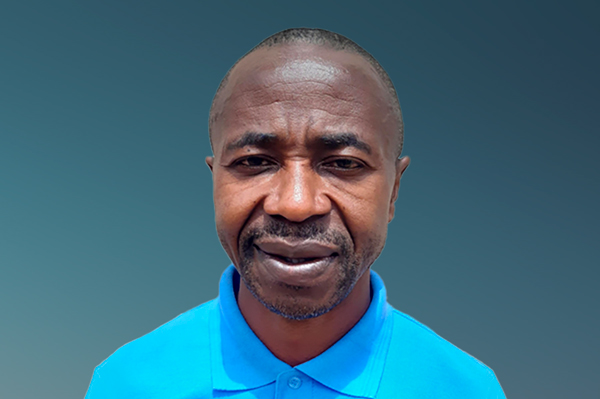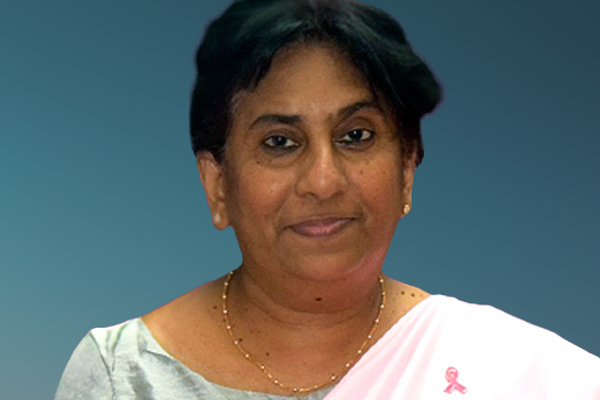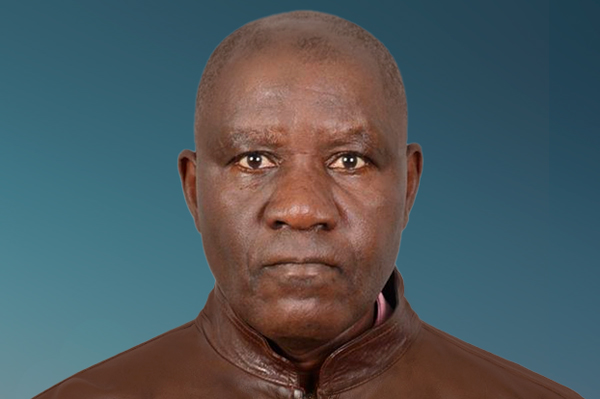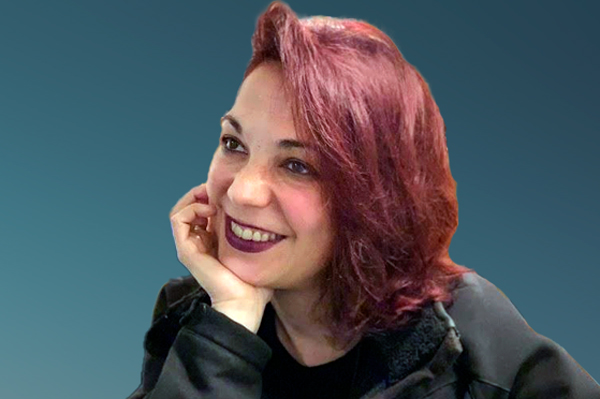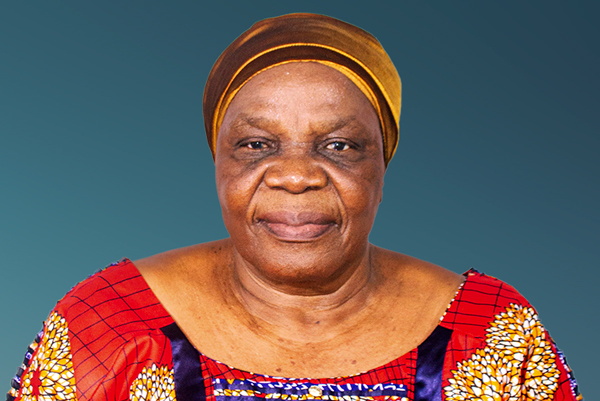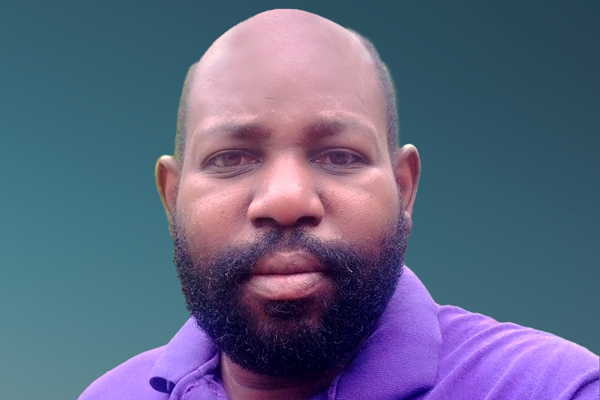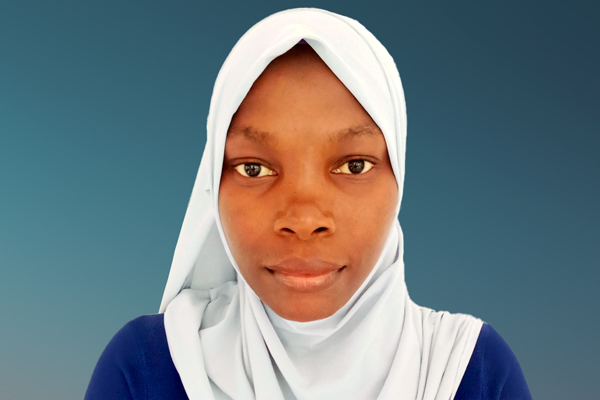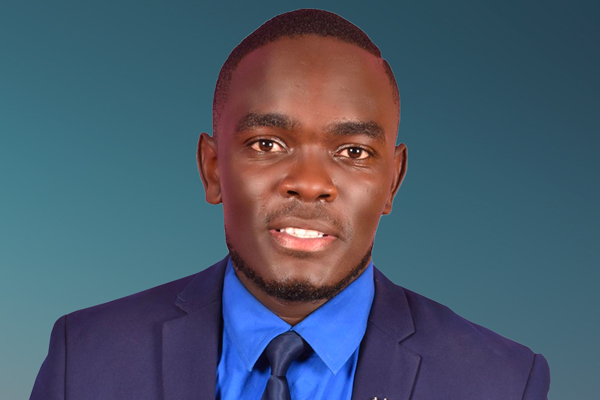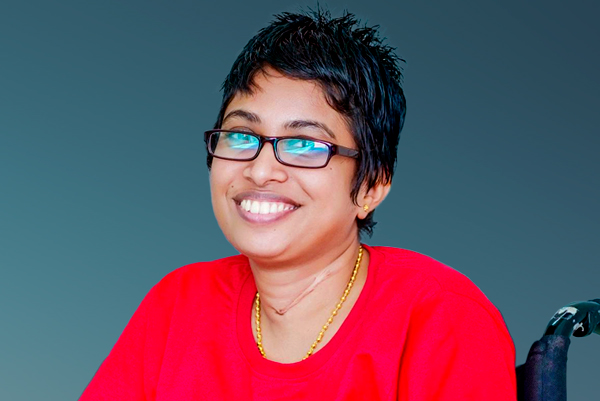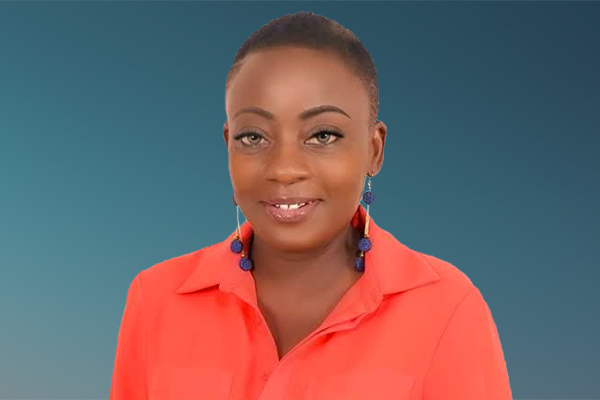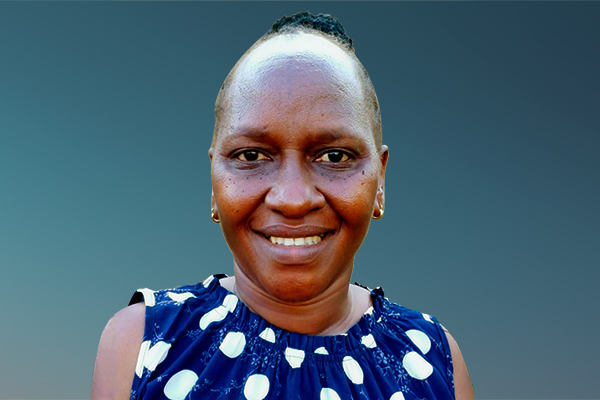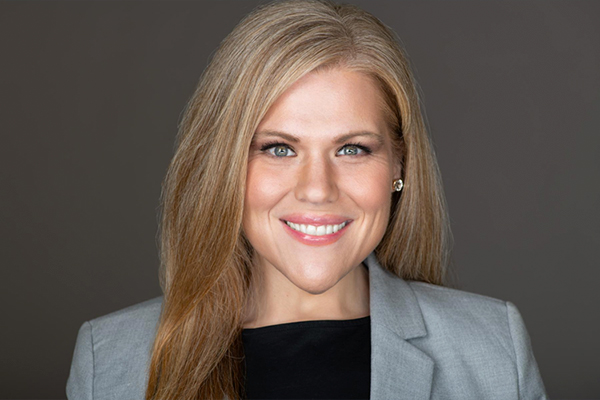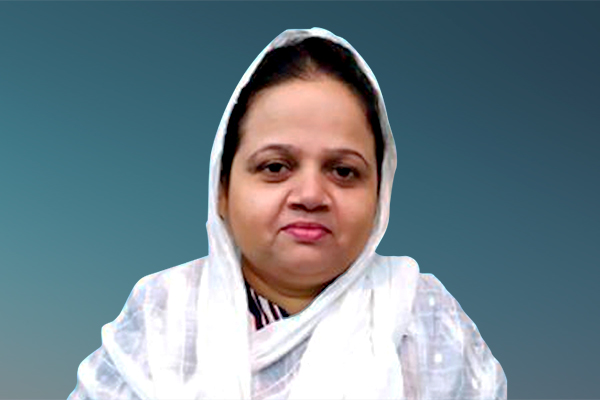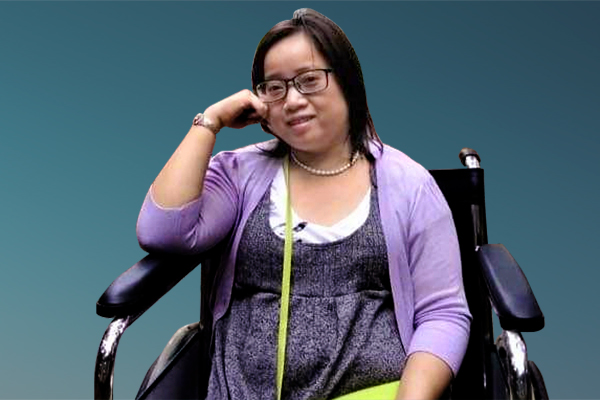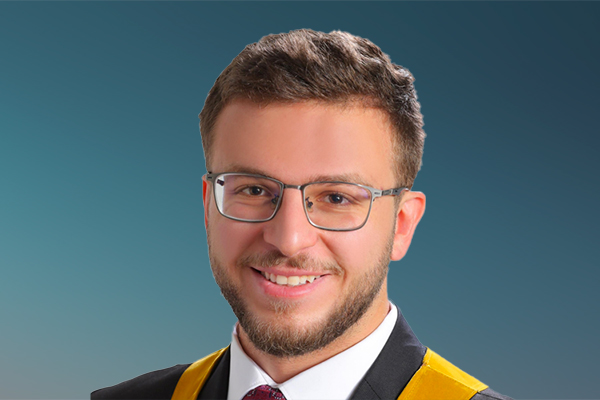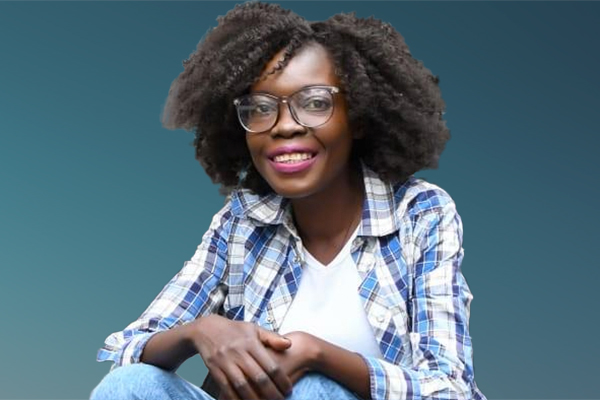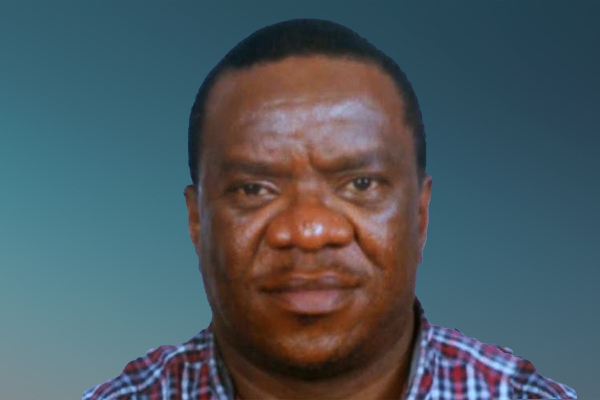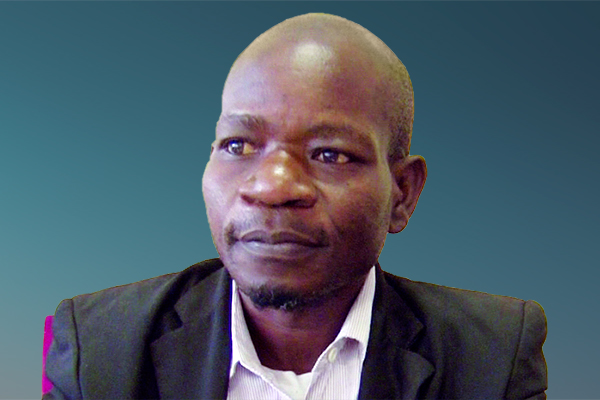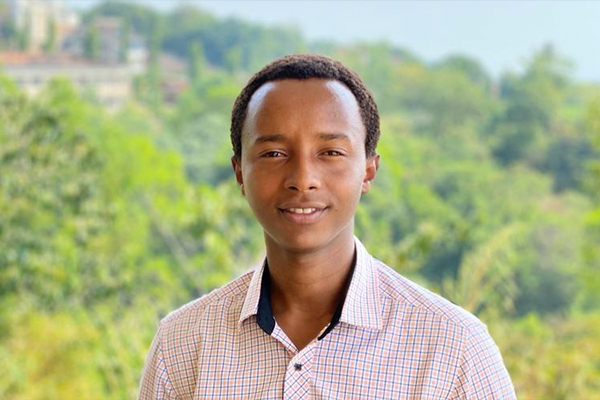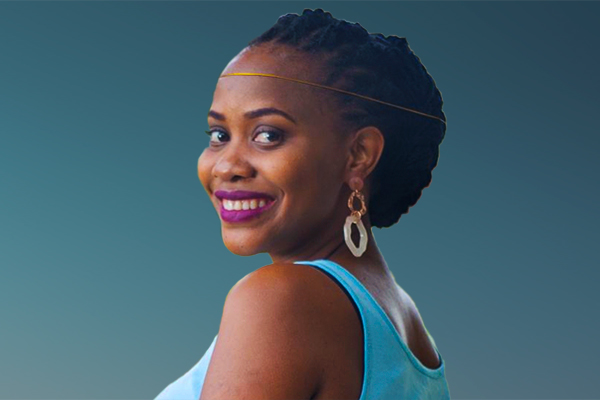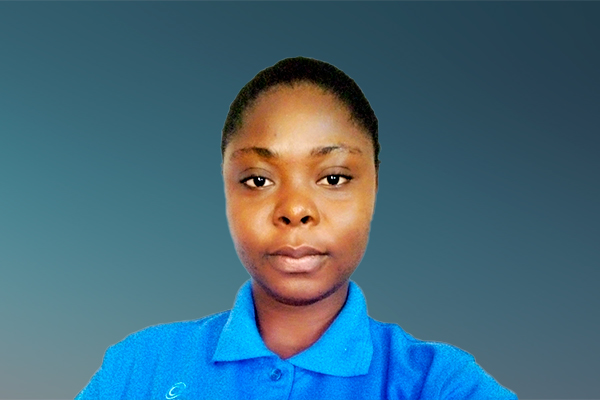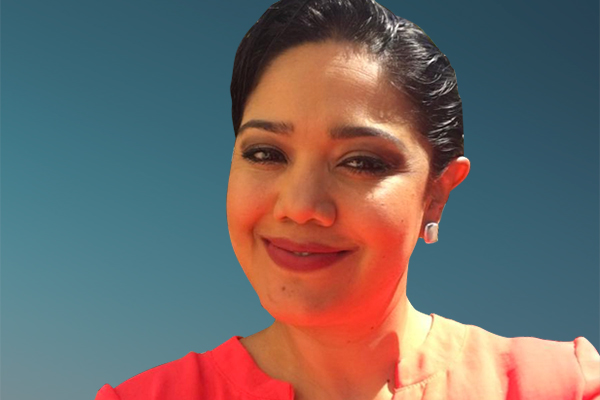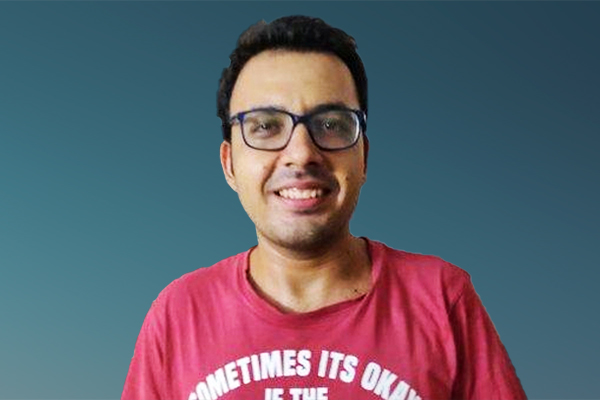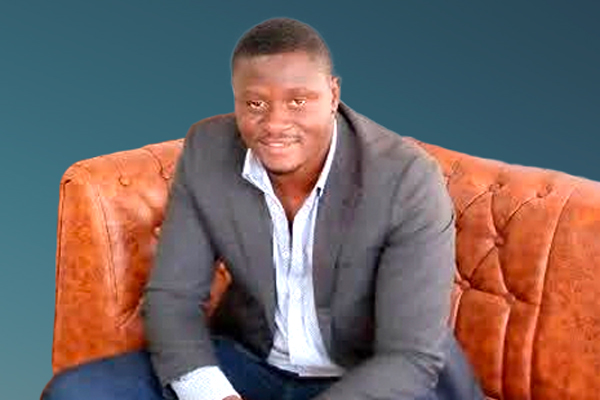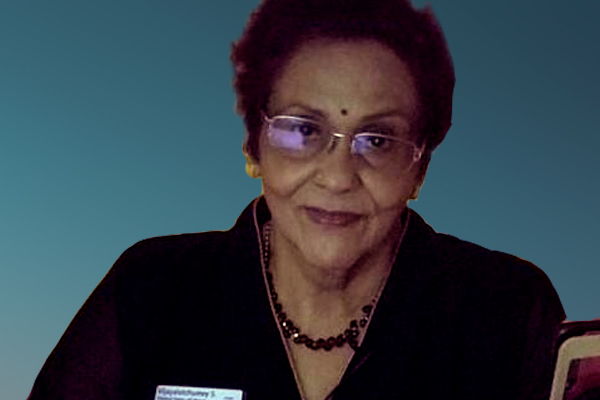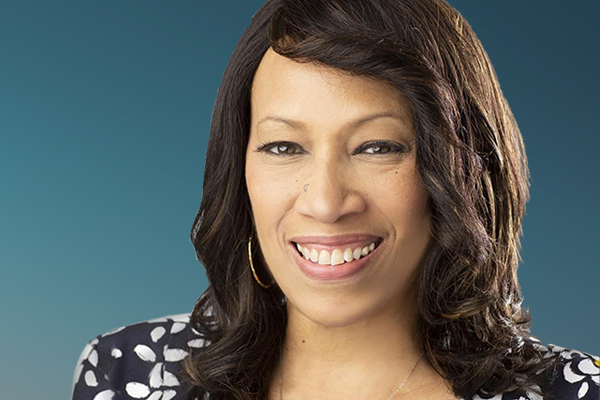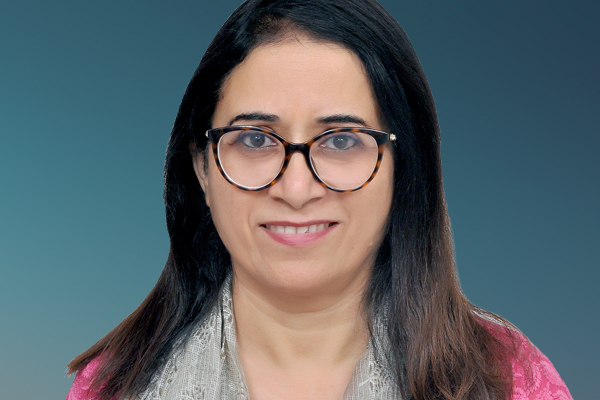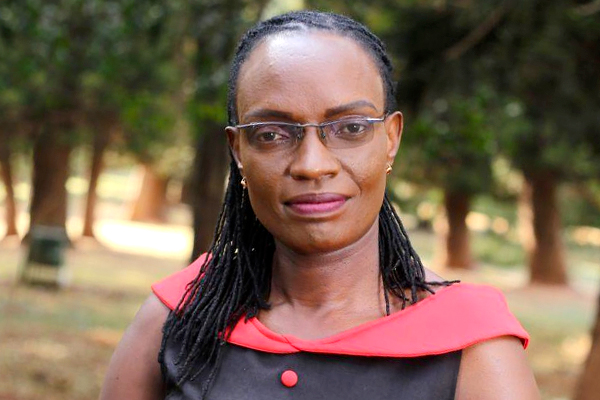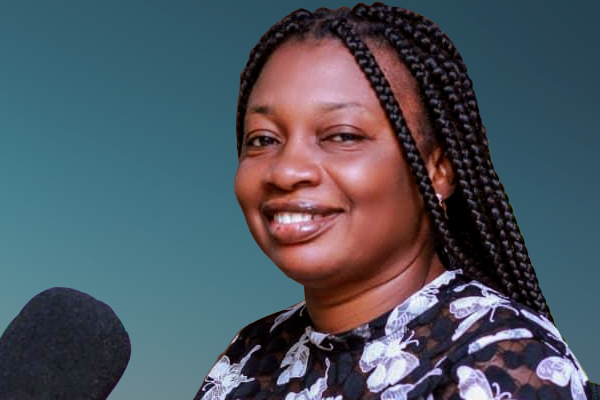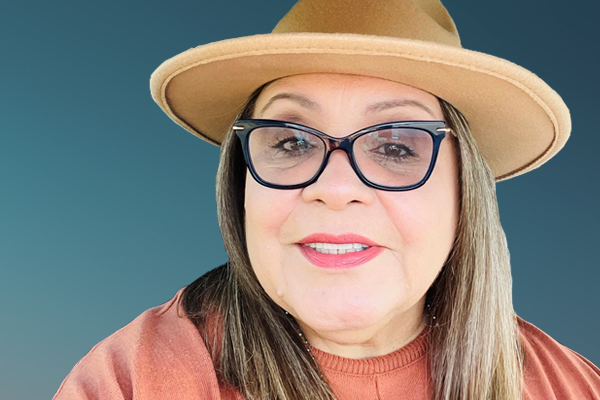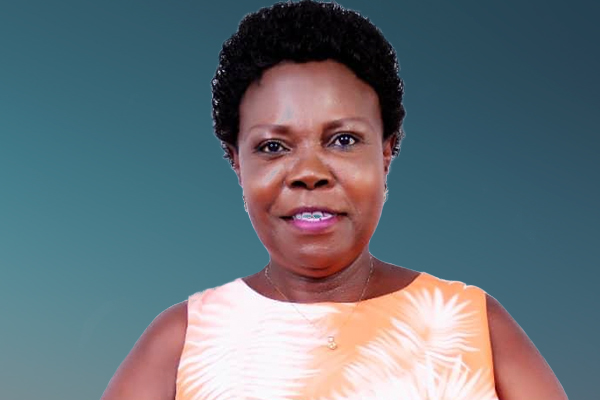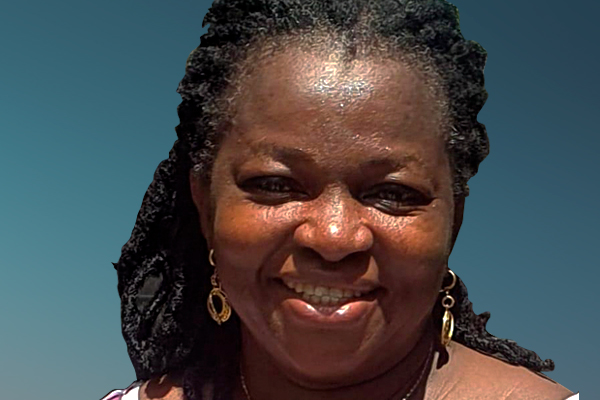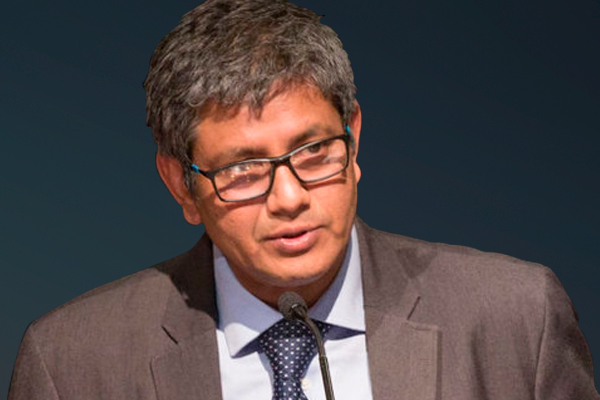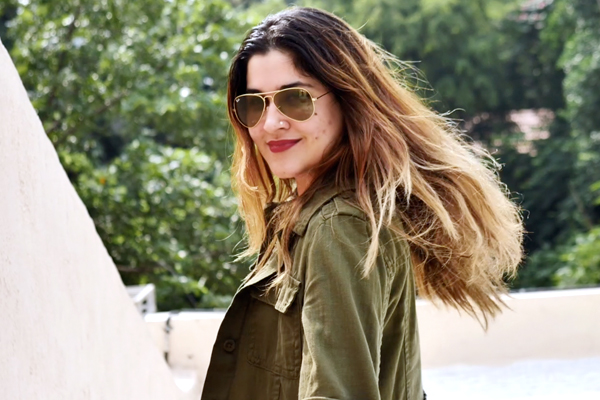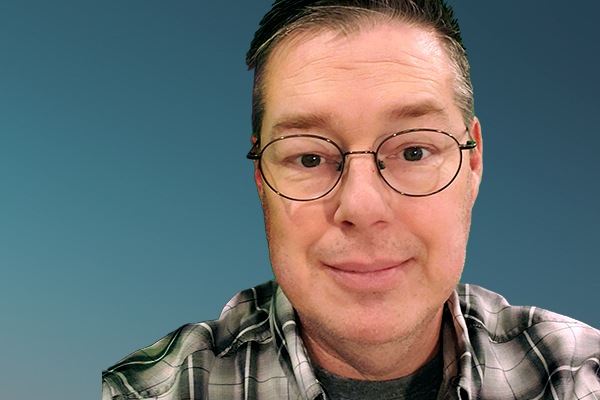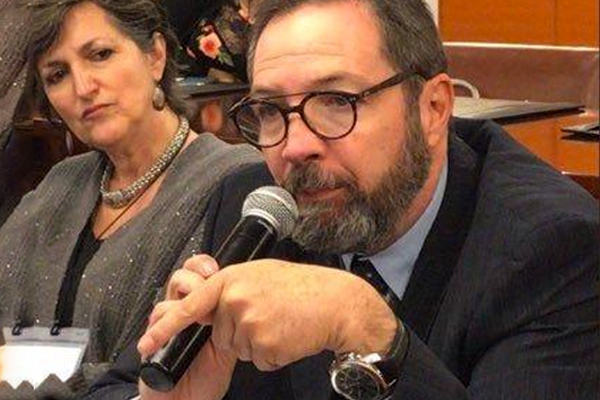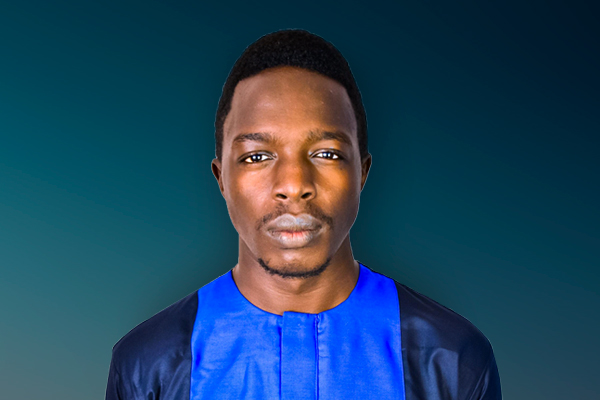Hello again, back for another session of NCD Diaries. A podcast with me, Alison Tennyson Ibrahim. NCD Diaries are presented by the Our Views, Our Voices initiative of the NCD Alliance, offering a sharing opportunity for people like myself, living with noncommunicable diseases, or NCDs.
The last time we were together, I introduced myself as an advocate, a supportive motivator, but more importantly as a person living with multiple chronic conditions. I submitted to you that if we walk right together to drive change, it is possible that the overall community of people living with NCDs and those not, can support each other. If you did not have a chance to hear the previous session, I welcome you to go back and have a listen, as I offer some insights on ways we as people living with chronic conditions, such as myself, having diabetes and obesity, arthritis, alopecia, and with the challenges of mental health, including anxiety that I live with, that interferes with the common day-to-day functions, holistically encompassing the physical, mental, emotional, and even spiritual aspects of life for people with NCDs.
Our voices, when heard, will generate supportive initiatives to a better quality of life for millions of people, their families, and from within societies globally. As we unfold the many characteristics of noncommunicable diseases through the lens of the community, which is by no means an easy task, we will recognise and even immerse ourselves into the needs, the many needs, to bring about focus in support of these many voices. That when we all participate in developing strong resources within our communities at large, which must be made available to those with the most need, there is an overall benefit for all.
Well, as I mentioned in the previous podcast, I have happily resided in Kuwait since 1992. Through these three decades, I have maintained connections with my immediate and extended family and my birth home in America. Within this community in which I live, there have been two distinct voices of people close to me having lived with NCDs, that presented with complicated challenges and very sad endings. As I stepped into the role of a caregiver for both my sister who sadly passed away last November, and my father, who unfortunately we also lost in February, only a few months from each other. The seriousness of these types of chronic conditions from which I speak are real.
When my sister was finally diagnosed and treated for the rare and aggressive forms of uterine and ovarian cancer she had with complications of sarcoma, the circumstances of her very late diagnosis and late stage prognosis were exacerbated by the onset of COVID-19. Not because she contracted COVID-19, either. Rather more so the gaps in care she experienced, and this is what I want to share with you today. How the community can pull together and in support, even through a pandemic, that we might run into these gaps, but that we can help each other.
Those limitations of medical care and attention by comparison to pre-pandemic levels, including the lack of suitable consultation, diagnostic testing and evaluations, that during this time of extreme uncertainty and dread of mingling based on the crippling fear of exposure to COVID, with the limitations for even seeking medical attention, and the strict protocols in place for attempting to find an office or facilities tree, other than a hospital setting, presented its own set of alarming circumstances. Overcrowded waiting rooms, fearful medical staff, that even for an open and available doctor's office was one huge hurdle. And the next was even being able to schedule an appointment within a reasonable timeframe. The stress of all that, that we all experienced, was overwhelming.
Coupled with the fact that she was the caregiver of our elderly father, the idea of finding anything wrong with her that require deep investigation or even treatment, although would be a relief, represented a challenge in logistics, but even more so presented a level of extreme emotional distress.
As the weeks went by, back in January and February, March and April, I being on lockdown in Kuwait with closed borders and shut airports, unable to get out due to the foresight of strict COVID-related protocols throughout the country of Kuwait, I can say that the stress of worry was abundant. Her community of support was small, relegated to phone calls, whether between she and myself, or from the limited availability among the local medical community.
Even after finally being able to seek attention from two different general practice physicians in the urgent care-type facilities, there was, as previously stated, a scarcity of the same level of care as the pre pandemic era. So that the basic blood tests done took an inordinate amount of time for results to come back. And again, weeks went by without results until the time, the day, the minute at which she could wait no longer, becoming increasingly ill with symptoms not even matching with the shifting list of COVID indicators, the decision was made to go to the emergency room of our local hospital.
She was admitted immediately, and a full battery of testing revealed her grave and urgent condition. By the time she reached an oncology specialist, who quickly referred her to the surgical arena with next step procedures of multiple rounds of chemo and radiation, her cancer, or cancers, had already&metastasised.
By October I was eventually able to make it to America to be with her and our dad as the loving sister and daughter. Now in the new role of sole caregiver and late arrival advocate for the two people closest to me outside of my husband and children, they were both struggling to live with these multiple chronic conditions of increasing severity. And throughout this ordinarily frightful process coupled with the crippling fear of the COVID pandemic, my big sister was calm and surprisingly brave under the circumstances. Not because she had to work at it, as she always carried herself with an air of confidence, impressively stoic, and she maintained these qualities right up to the end.
As my role modelling hero, she left behind a loving and devoted family, including this 95 year old father of ours, to whom she was the full time living caregiver. The loss was great. And although being unable to pinpoint exact steps directly attributed to the less than favourable outcome, it is clear that some of the processes in place pre-pandemic, were not as freely available or being implemented during the timeframe of about January to November of 2020.
The reasons for this are not necessarily clear. We know that processes were stopped. We know that everyone was scrambling. But the fact that her community wasn't stable during that time, tells me something very important, that we can walk right together, but we need to know how.
Well, as a wife of a wonderful gentleman, and the parent of three young adults, I have realised that some of what happens within a community of support, which is what happens with me from my adult children, is that we can proactively work on our health and fitness. Sometimes this might help support our health. And through healthy eating with concerns of maintaining reasonable weight ranges, I see how my children made conscious decisions to engage in a variety of exercise and activities. From weight training, and dance, skateboarding and walking, running, biking, and with added particular attention to more nutritious options of foods they eat, they resist and avoid processed foods, by not eating fatty processed meats or empty caloric selections. Instead, focusing on veggie rich and fresh fruit options, lean fresh meats and lots of seafood, low carbs, olive oil, coconut oil, nuts and seeds, grains and beans, and nut-based milk and dairy.
It appears to me that these young adults, uninfluenced by my early examples of a sedentary practice, and although providing relatively healthy, daily home-cooked meals, with the fresh veggies and fruits, there was a certain amount of less than healthy supplementary options provided too. My community was limited. Whereas I was not necessarily focused on areas of support for my own health at that time.
And as my children mature, they made the shift towards options that attempt to break the cycle of the potential for health challenges, such as the ones that I live with. Whether hereditary or not, nurture or the mindset of nurture versus nature, the fact is, they developed into proactive participants, or maybe even leaders, of their own overall health, for which I'm very grateful for. And that if we focus on helping to make changes in our lives, and it could be as simple as yes, what you eat and exercise, but also seeking the proper medical attention, not giving up on yourself. Advocating for your own health, we will find that we can support each other. And in a future podcast, I would like to be talking to you about these communities available to us and ways in which we can share knowledge and information and experiences.
There are are some established do gooders out there in the world that make up the community in which we help each other. Thank you. Until next time.

